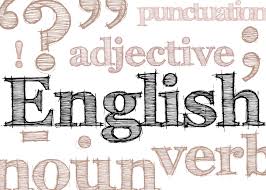
My friend knew I was in Linguistics so she sent me a BuzzFeed article she thought I would enjoy. It’s called 18 Surprising and Odd Things you Never Knew about the English Language. I went through each one of the facts and will go through an overview here. I don’t know where some of these facts came from but they are very interesting.
1) First off, the Oxford English Corpus currently contains over 2 billion words.
Even though I know there are so many words, I did not realize just how many there really are. 2 billion is a very large number and to think that in the English language there are more than that is outrageous. It’s hard to believe that all of these words are used because it seems so large. However, each person may use a slightly different set of the word inventory.
2) The average person, though, is likely to know only about 50,000 of them.
This fact does not surprise me. There is no way that we can each know over 2 billion words. We learn words based on the environment we are in and our inventory is set based on our interactions. If you constantly interact with someone who uses new words, you will learn new words as well.
3) That might be because the ten most common lemmas (base forms of a word) in English make up 25% of all words used.
The words the, be, to, of, and, a, in, that, have, and I. At least one of these function words are used in every sentence that we make up. Even though these are only ten small words, they can be used so widely that they become so powerful and important. Without them, we wouldn`t be able to compose our thoughts coherently.
4) Words have lifespans that can range from fewer than 1,000 years up to 20,000 years.
If words are really common (such as the function lemmas), they are likely to have a longer lifespan. Those will likely reach up to 20,000 years. However, words that are less common may not sustain over the years and have a lower lifespan.
5) It is estimated that a new word is created every 98 seconds.
New words are constantly being added to the dictionary and are being accepted into our daily speech. This is how words such as twerk, selfie, showrooming become acceptable. It is hard to imagine how these words come into use but it definitely is happening.
6) “You” is the 18th most common word in English, while “me” only clocks in at number 50
I actually find this very interesting. I thought that “me” would be further up than number 50. It is really nice to see that “you” is higher up. It gives a more selfless impression of people. I wonder where “I” fits on this list.
7) There are over 50 countries around the world that use English as an official language including Ghana, Pakistan and the Philippines.
English is a predominant language and even in countries you wouldn’t expect, English can still be an official language. Some languages have more than one official language and English may fall into that category. English is used throughout the world so I know people find it very important to learn.
8) The dot above a lowercase “i” or “j” is called a “tittle”.
This is the diacritic used only in these letters. I figured there was a name to it but I never actually knew what it was. The word “tittle” means a “small point or stroke in writing”. This makes a lot of sense as the word seems to be made up of the words “tiny” and “little”. This directly can relate to a small dot.
9) The longest word in English with all its letters in alphabetical order is “aegilops”.
That is so interesting. I can honestly say that I’ve never thought of that before. It is crazy to see what people find and come up with in regards to the English language. The word means “a genus of plants in the grass family, Poaceae”.
10) According to researchers at Reading University, the oldest known word in English is, “who”, dating back more than 20,000 years.
I’m not that surprised that “who” is the oldest word. “Who” can be used in a variety of different contexts. It can be used to ask a question, talk about someone… “Two”, “three”, and “I” are the second, third and fourth oldest word.
11) The longest one syllable word is the ten-letter “scraunched”, found in a 1620 translation of Don Quixote.
This word means to make a crushing noise. Even though this word is not commonly used, it still gets credit for being the only 10 letter word that is one syllable. There are words like “screeched” and “scratched” that are used more commonly. However, these words only have 9 letters.
12. The longest word containing no repeating letters, including every vowel, is “uncopyrightable”, at 15 letters.
The word “dermatoglyphics”, meaning the “study of skin markings” is also a 15 letter long word that doesn’t have any repeat letters. However, that word does not have every vowel.
13) Although most people believe the word “orange” to have no perfect rhyme, it actually does – “sporange”.
This word is a rare “botanical term referring to part of a fern”. I had no idea that this word existed. I still think even if people know this, they will say that the word orange has no rhyme.
14) The only English term ending in –mt is “dreamt”, a spelling of “dreamed” commonly used in British English.
For some reason, I believed that there were more words in English that ended with the prefix “-mt” It is interesting to think that British English does not use that variation of the word. This means that British English has zero words that end this way.
15) There are nine words in English that contain two “u’s” in a row.
These words are “vacuum”, “continuum”, “residuum”, “menstruum”, “triduum”, “duumvir”, “duumvirate”, “muumuu”, and “Weltanschauung”.
16) In 1934, Webster’s released a dictionary accidentally containing a made-up word – “dord” – that wasn’t caught until 1939.
It wasn’t until 1947 that this word was actually removed from the dictionary. The thing is, people wouldn’t really question the word if it’s in the dictionary. Other dictionary’s also have variations of words so just because another didn’t have this word, people wouldn’t jump to the conclusion that it wasn’t a word.
17) Author Ernest Vincent Wright once wrote an entire novel – just over 50,000 words – without using the letter “e” at all.
This is such a crazy thing for me to hear. I understand that not all words have the letter “e”, but it is very difficult to write even one paragraph without the letter. I can’t imagine writing an entire book without it.
18) Lexicographer Paul Dickson entered the Guinness Book of World Records by collecting 2,964 synonyms for the word “drunk”, the most synonyms collected for any one term.
He wrote a 208 page book with all of the synonyms entitled “Drunk: The Definitive Drinker’s Dictionary”. I can’t believe he found this many variations of the word. It’s also crazy to think that this is the word that had all of these synonyms.
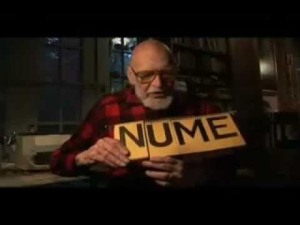
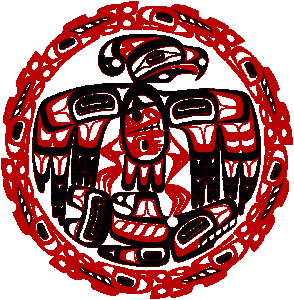
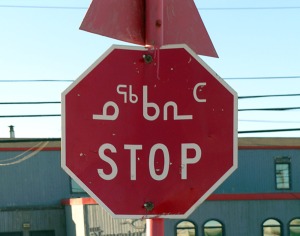
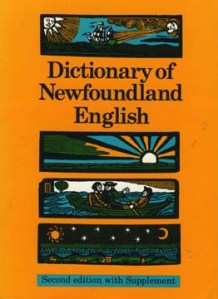


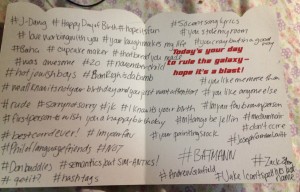

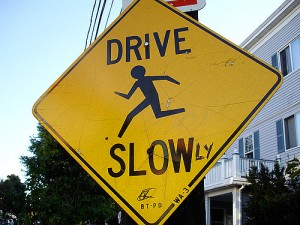
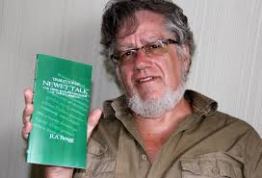
Recent Comments